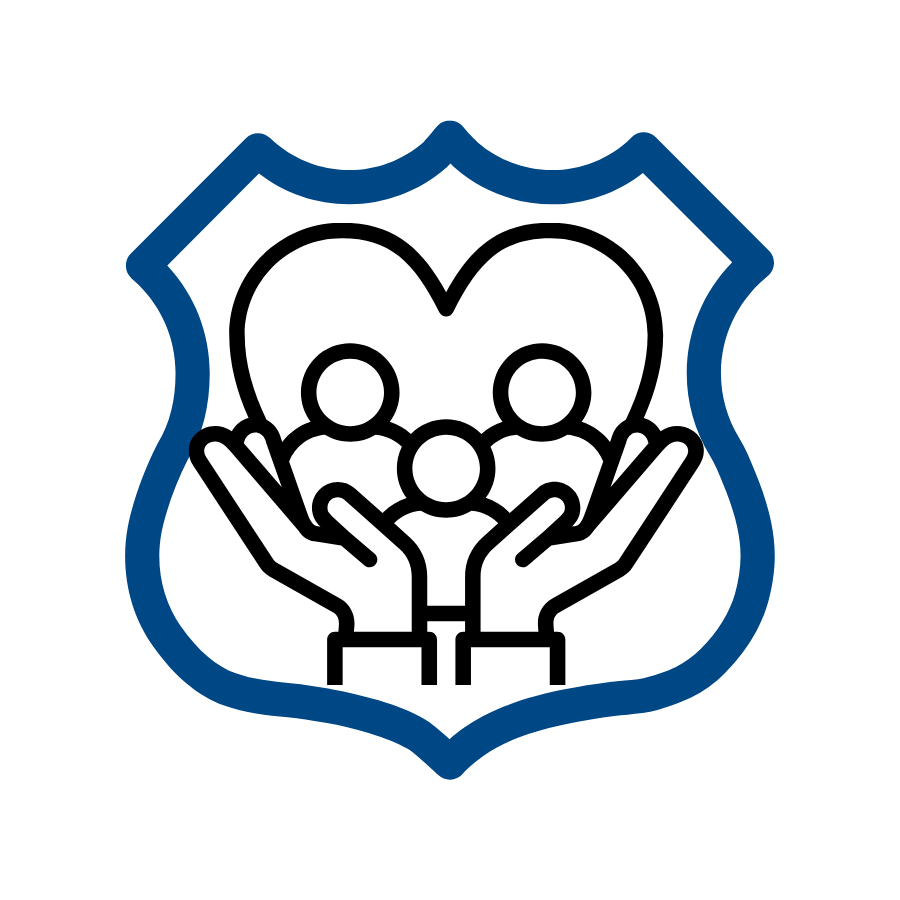Safety in Southwest Florida
Making SW FL safe for individuals with IDD
Highlighting law enforcement agencies’ efforts for individuals with special needs and open discussion as a community to enhance these efforts
Registration is now open!
Keynote Speaker
Event Details
Date and Time :
Saturday, March 28, 2026
Registration opens at 8:30 a.m.
9:00 a.m.- 11:00 a.m.
Location:
Cohen Ballroom, Cohen Building
Florida Gulf Coast University
10501 FGCU Blvd
Fort Myers, FL 33965


